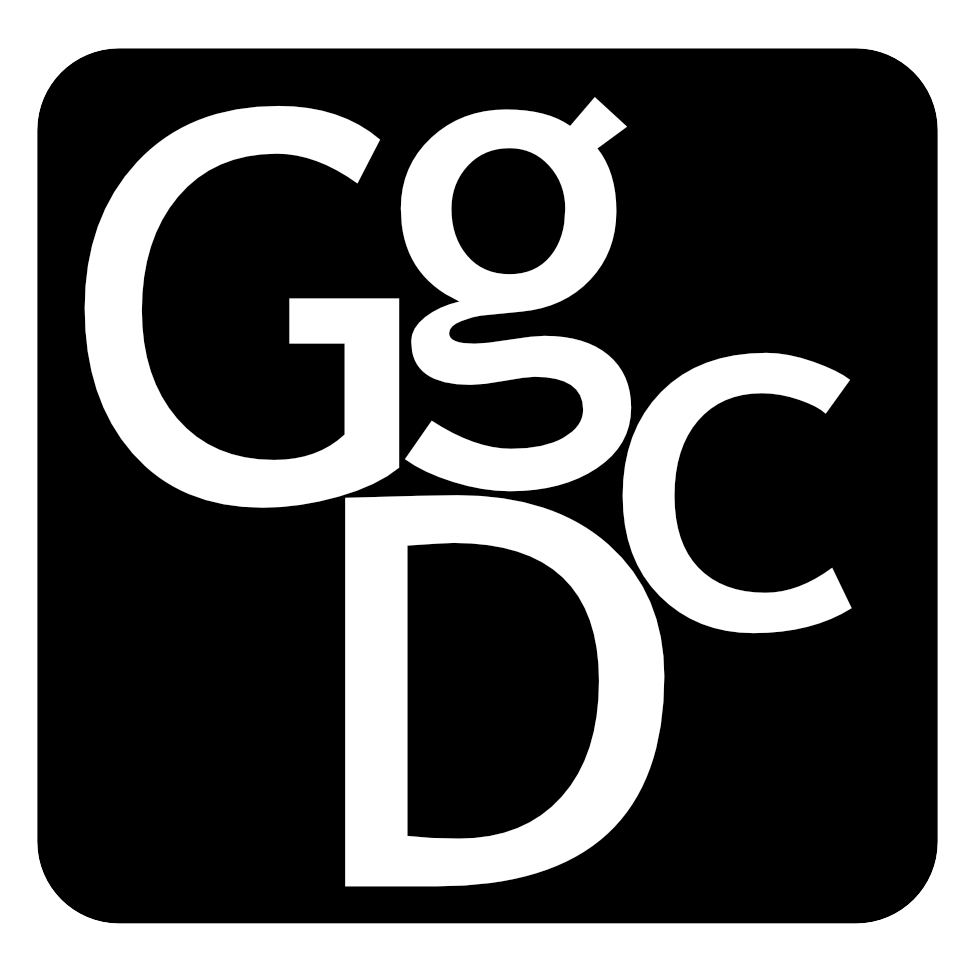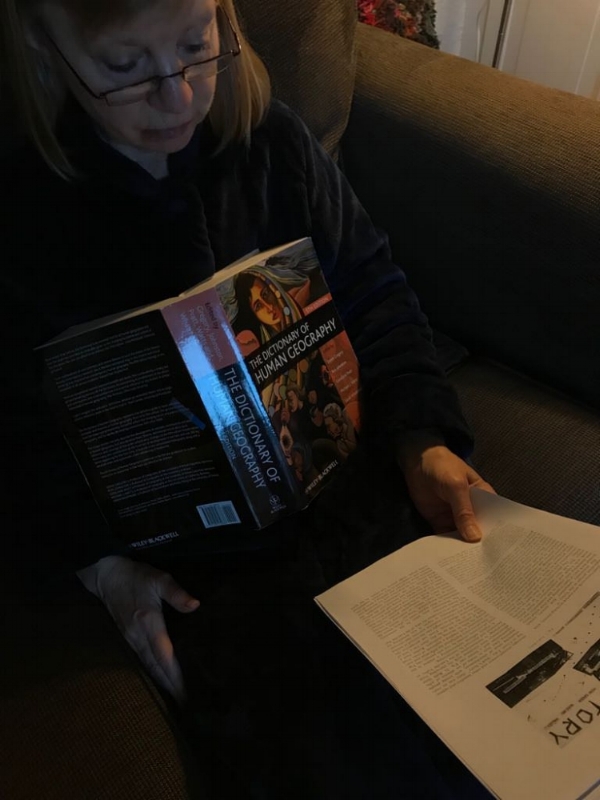Moving with theory- space, knowledge and power.
As part of their ongoing engagement with Newcastle University members of GGDC have been taking part in second year Geography seminars. Each week, the collective have 'done the reading' set for the seminar and joined with the other, full-time, students to share their learning. It is unusual to have voices from outside of the University included in seminars, and for 'outsiders' to experience what goes on in university classrooms. By crossing those boundaries we have an opportunity to learn from each other.
Who knew our dance collective would get so hooked on theory? Who knew we would have so many A-ha moments or that A-ha's words could have such relevance!!
"We're talking away
I don't know what
I'm to say, I'll say it anyway
Fascinating to discover that we say similar things but in very different ways. (By the way the photograph above isn't of geography lecturers although I am aware of the many thoughts about the fashion sense of Geographers.)
My Leverhulme residency has been an invitation to be curious about finding ways to converse about research and understandings of the world with "others", including those not working or studying in the academic field but who have insights which enrich and extend the application of theory. In the video below Lillian and Norma consider ideas central to my Leverhulme which is to wonder about the experiences of knowing , meaning making and connection .
"Wandering" and "free to wander" have a particular potency in relation to a seminar on post structuralism which included some reading related to the work of Foucault and considerations of wandering in relation to power and space . Wandering within my work around age and ageing has always had a particularly edgy feel. Whether it be my deliberate wanderings in and around places and agendas or the facilitated "wandering" dances of people within a care home setting. In the context of ageing wandering is often loaded with negative associations, an indication of disease. Those that wander worry those in control who perhaps miss the potency and potential of wandering, the possibility to self direct/govern and empower the wanderer. Wandering has from my experience a direct relationship with a sense of dis- ease with power with control of personal space and the ability to choose where you will go. As a society are we increasingly uncomfortable with wandering, to crossing over borders/ boundaries to being in a fluid unidentifiable state.... to mixing things up and not knowing....?
For older people who are often discussed as being a race apart, "other", " ticking time bombs" "burdens " and " bed blockers" there is a profound relationship between power and space. Confinement and restriction follows closely once you begin to wander and yet wandering is the very thing that Lillian values and associates with a sense of freedom and the mainstay of the deliberately provocative work of GGDC .
" Foucault generally seeks to question the rationality of post Enlightenment society by focusing on the ways in which many of the post enlightenment practices of modernity progressively delimit rather than increase the freedom of individuals and thereby perpetuate social relations of inequality and oppression"
Murdoch J(2006) spaces of discipline and government in Post-Structuralist Geography London: Sage pp 29-55
Wandering is something which Lillian values " not be confined to a structure" or a particular way of seeing the world . Uncertainty and fluidity has value as knowledge, a way to understand yourself . Its apparent purposelessness is its value, wandering and wondering does not insist on compliance, adherence or conformity and in that sense is a teeny bit deviant since you are not concerned with getting there aka achieving. We all know what happens in fairy tales when you stray from the path - disruption to the natural order ensues (transvestite wolves with aversions to baked goods and dangerous appetites) The point is that wandering invites disruption, it blurs lines and distinctions, it crosses over. Wandering asks that doors both literal and metaphorical be opened and not closed.
What is important in this rambling, meandering blog post is the connection and invitation to be involved, to add to discourses about ways of knowing and to keep on oiling that social engine via inter-generational pedagogical exchange. Being participants in the Doing Human Geography Research:Theory and Practice module is enabling "others" who are not the usual suspects to realise that what they do has academic legs.. and doors are opening
Having practice and theory, embodiment and experience glide toward one another in a dynamic duet of reciprocity is delightful. We are very grateful to the 2nd year students for sharing with us and for the many insights we gained and are gaining from their experiences. We better understand the world by such Intergenerational and interdisciplinary learning opportunities
God guard me from the thoughts men think
In the mind alone
He that sings a lasting song
Thinks in a marrow bone
William Butler Yeats



